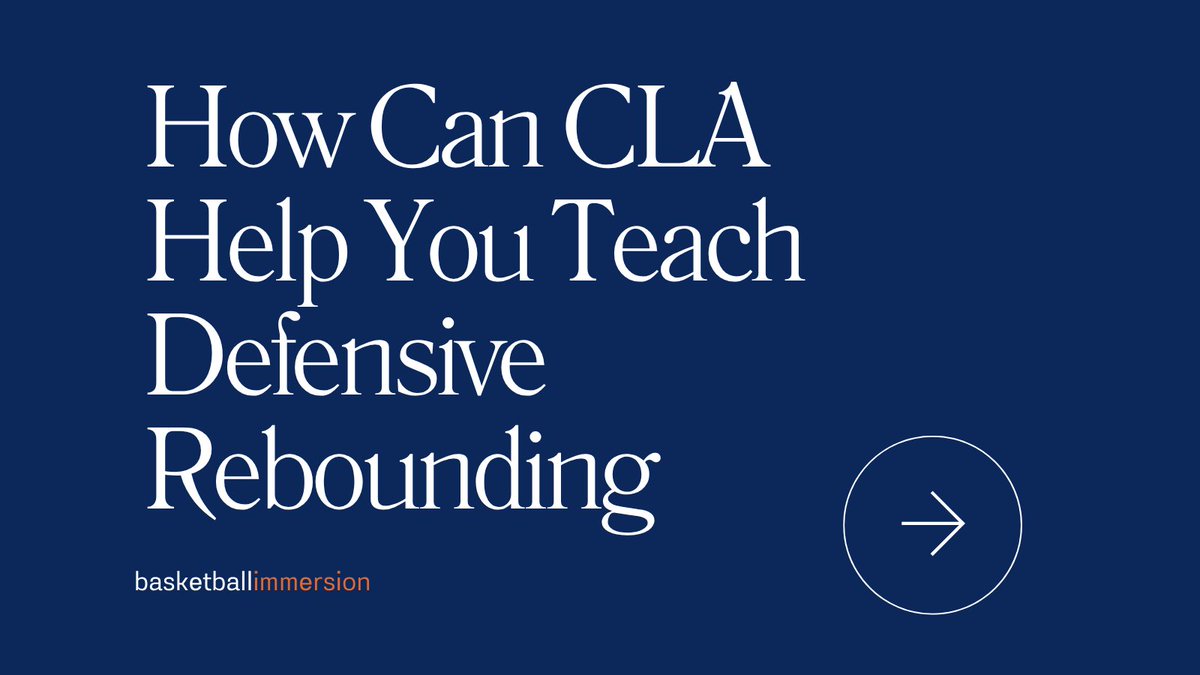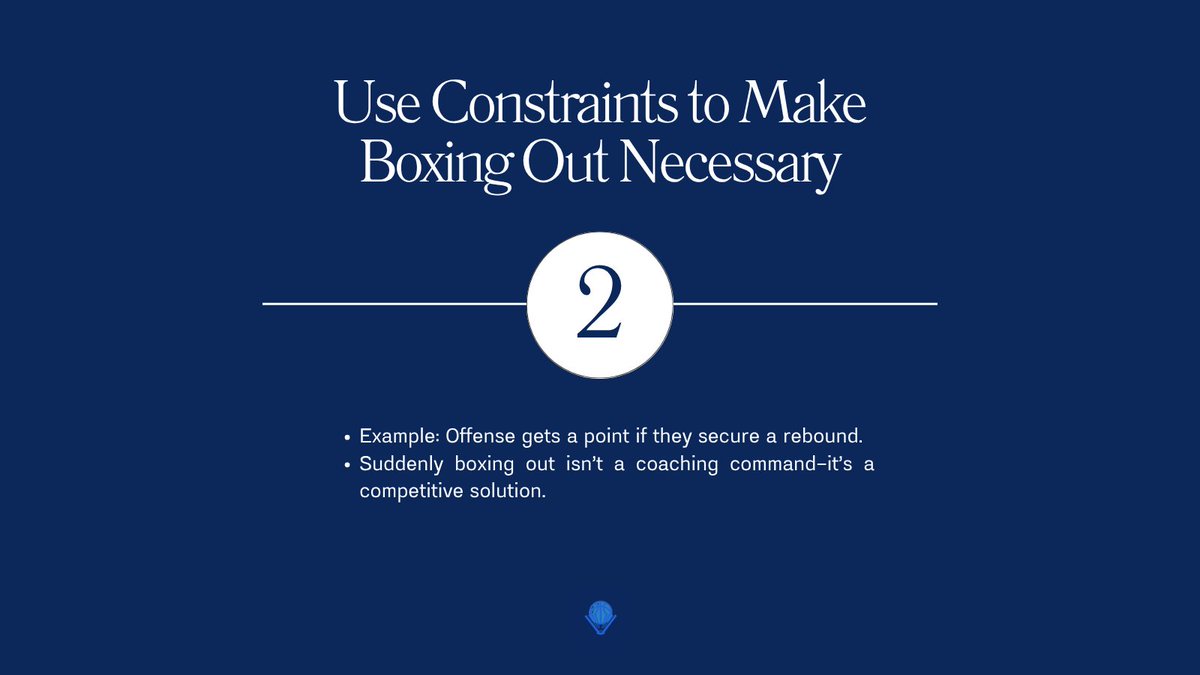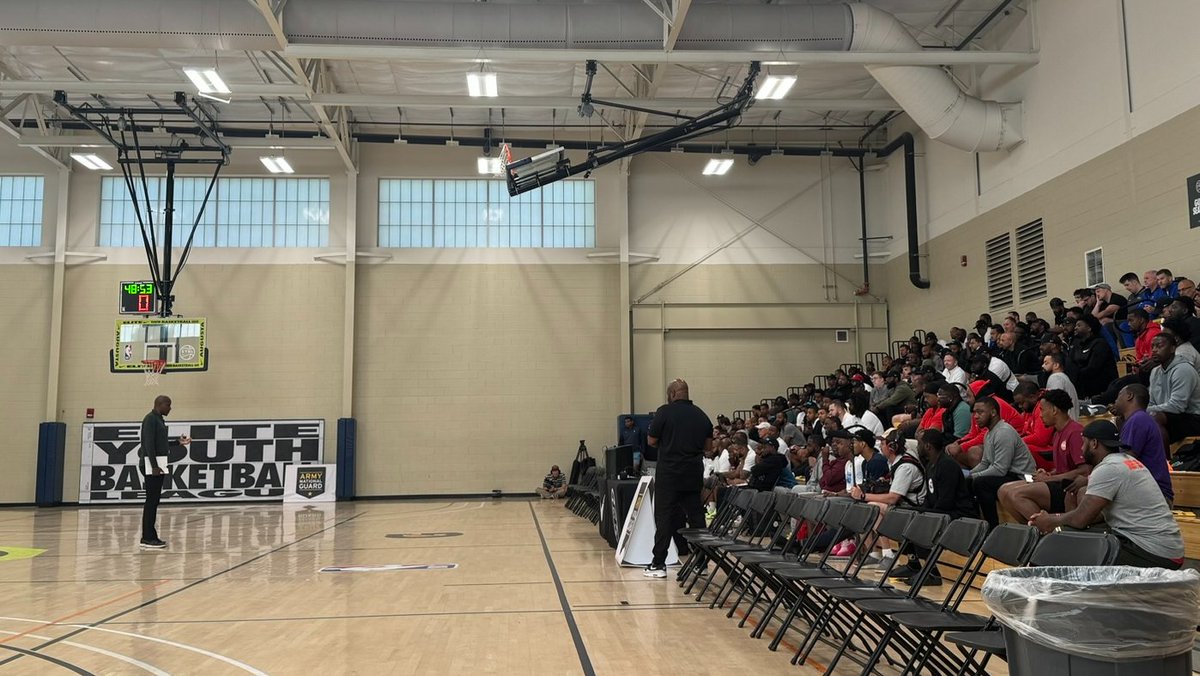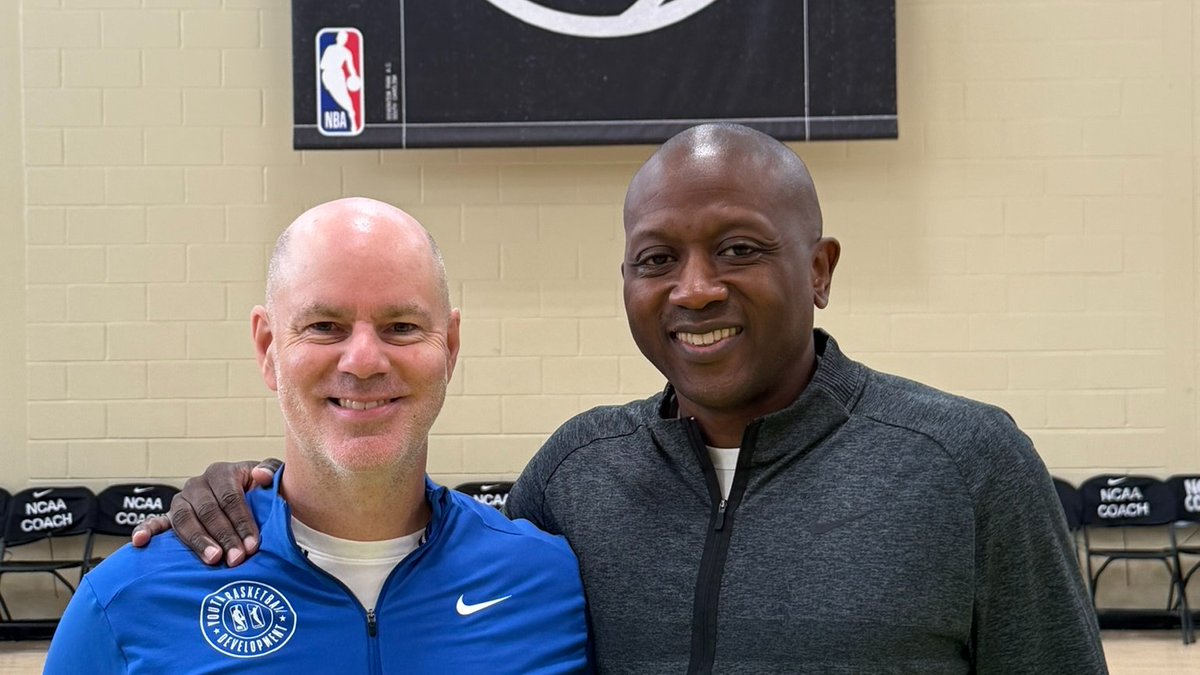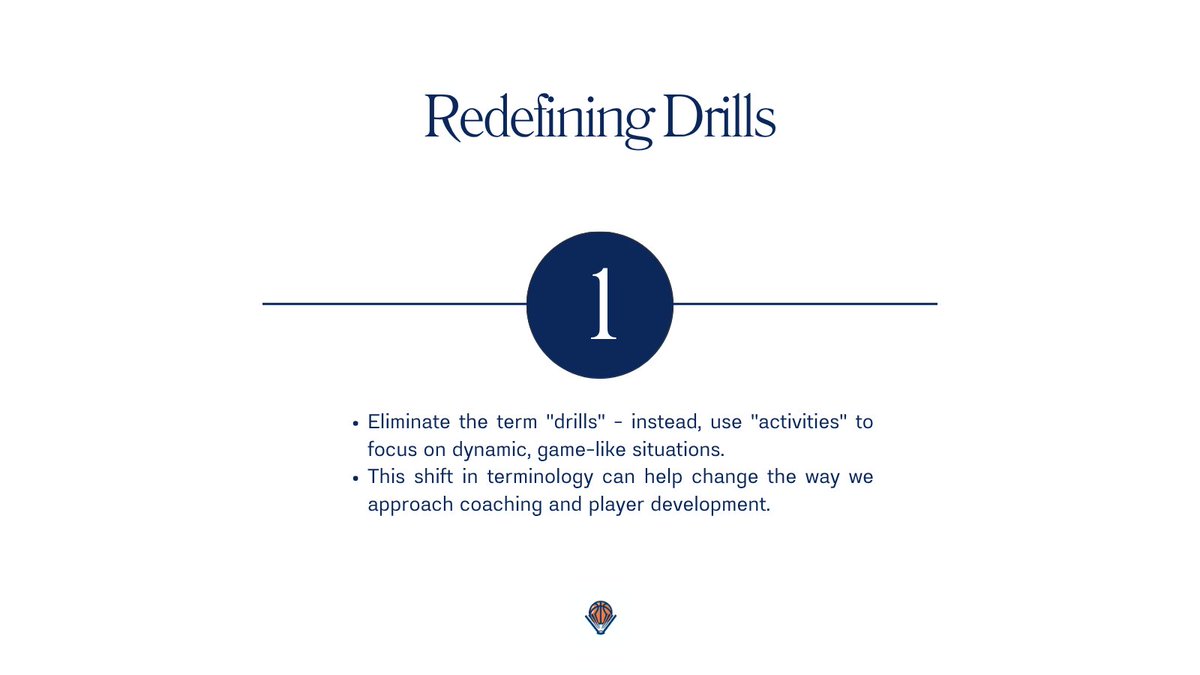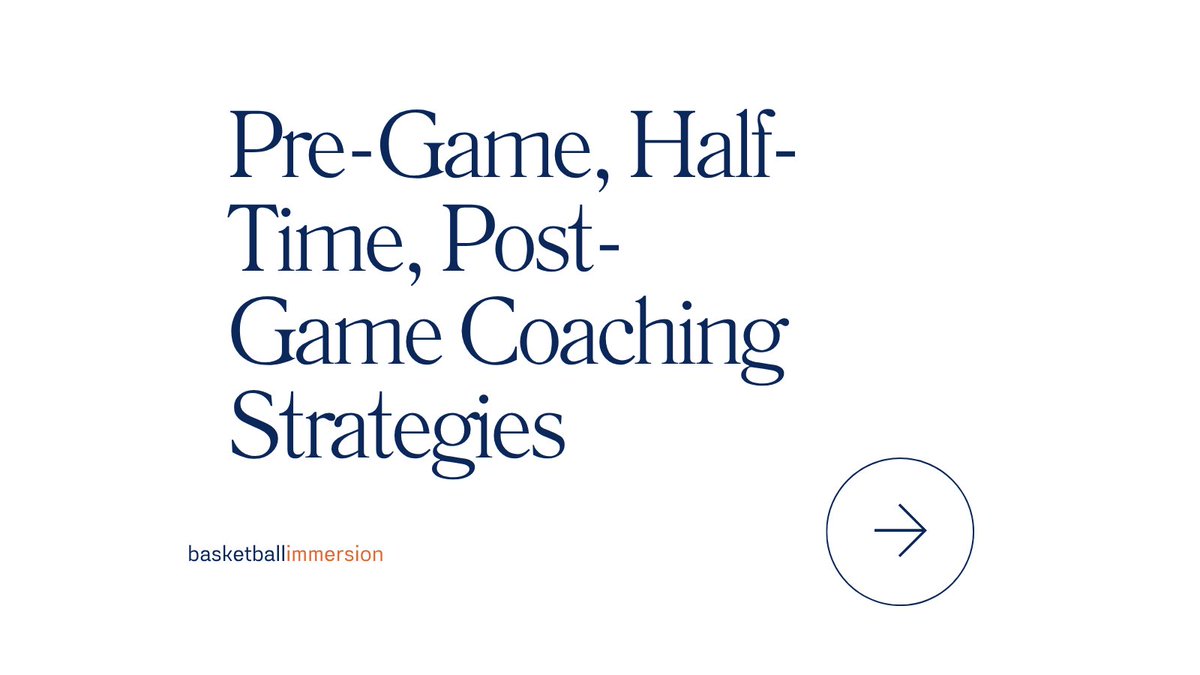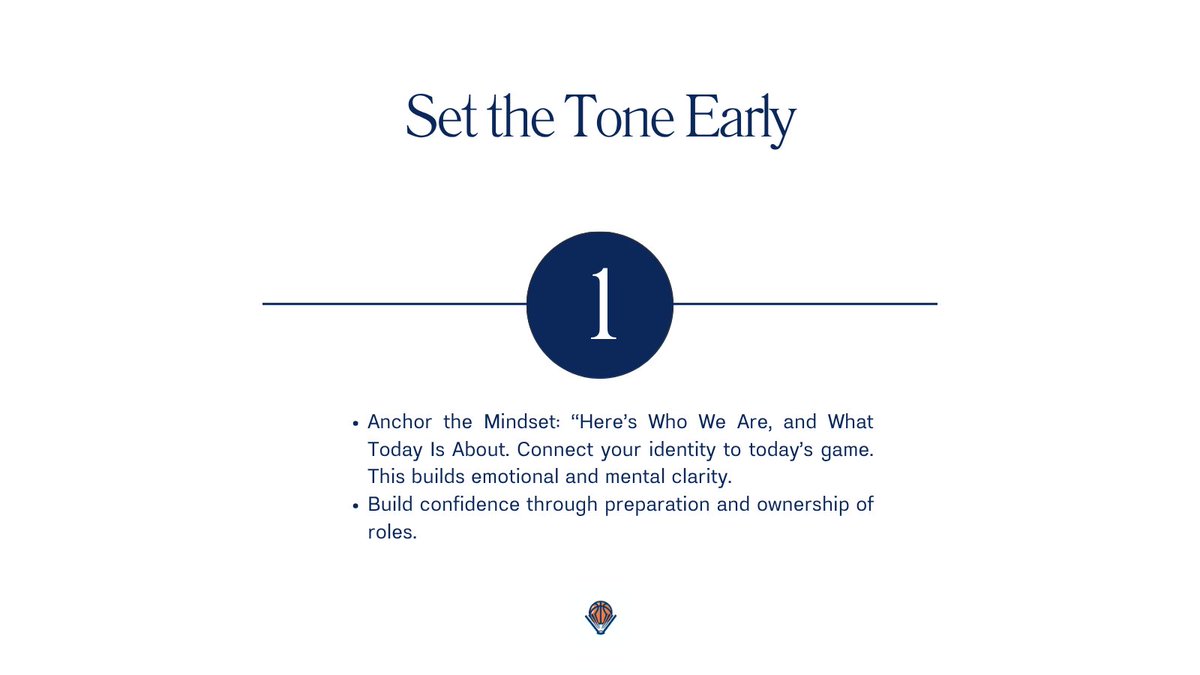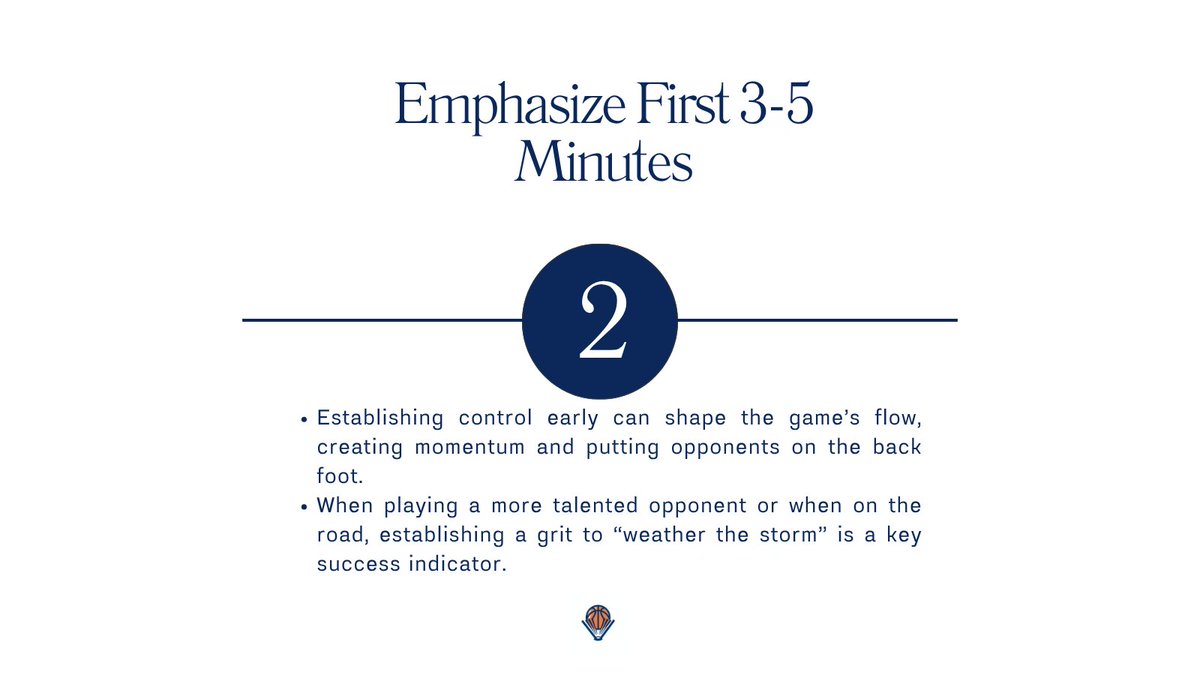Happy 2023!
To kick off the New Year and to look forward to another amazing year of #sharethegame
Here are the Top 5 Plays of 2022 that we posted. #Thread
#1 Ball Screen Follow Ghost
Great play design from U of Miami head coach Katie Meier.
To kick off the New Year and to look forward to another amazing year of #sharethegame
Here are the Top 5 Plays of 2022 that we posted. #Thread
#1 Ball Screen Follow Ghost
Great play design from U of Miami head coach Katie Meier.
#2 Stack Out Give Go
Want a layup?
Stack out to a give and go action.
Want a layup?
Stack out to a give and go action.
#3 Short Roll Hammer
One of my favorite plays of the NBA season.
Short roll to set up a hammer screen from Minnesota.
One of my favorite plays of the NBA season.
Short roll to set up a hammer screen from Minnesota.
#4 Horns Back Pick Picker
Horns back screen to a pick the picker get action.
Horns back screen to a pick the picker get action.
#5 Loop Behind Double Pin Interior vs. Zone
What an awesome quick hitter vs. a zone!
Get the ball inside the key with two top pin screens.
What an awesome quick hitter vs. a zone!
Get the ball inside the key with two top pin screens.
• • •
Missing some Tweet in this thread? You can try to
force a refresh





